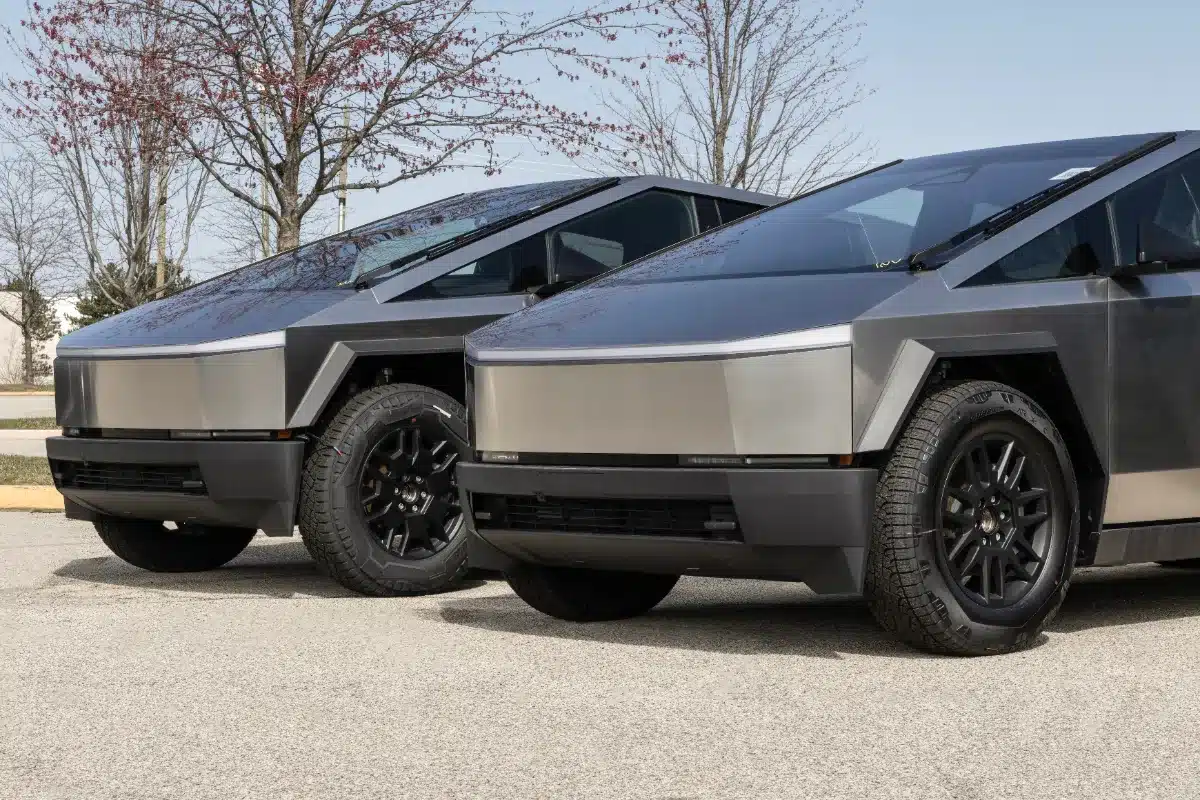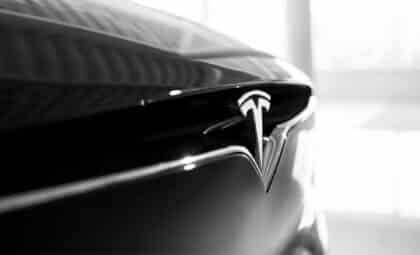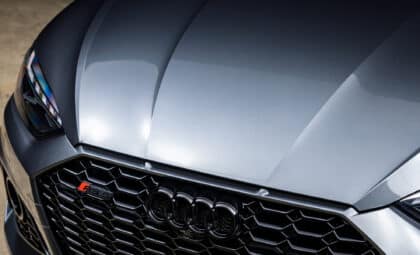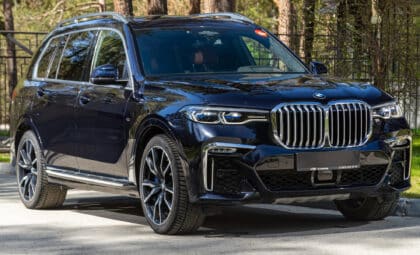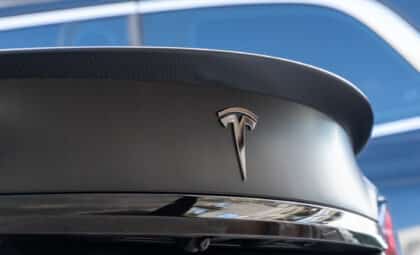The European Union is shifting gears toward a sustainable future by banning the sale of combustion engine cars starting in 2035. This bold move fits right in with the global push to lower carbon emissions and fight climate change. As environmental issues keep us on our toes, this decision is seen as a big step in moving toward cleaner transportation options. It touches everyone—from consumers and automakers to governments.
The rise of electric vehicles
Electric vehicles (EVs) have really taken center stage as a top pick to replace traditional combustion engines. With their growing presence around the globe, EVs are being celebrated by public authorities as the cleanest, most eco-friendly option on the market. Nearly every automaker now offers at least one zero-emission model (a sign of the industry’s shift toward greener transportation).
On top of that, EVs produce 73% less greenhouse gases compared to combustion engines over twenty years, which makes them a hit with those looking to lessen their footprint. If these vehicles are powered by renewable electricity, emissions drop by 78% compared to fossil fuel alternatives. However, keep in mind that an EV needs to travel about 10,563 miles to “break even” on the emissions from manufacturing (a factor that’s pushing further improvements in production methods).
Exploring hydrogen vehicles
Hydrogen vehicles are another exciting option to cut down on emissions. Even though they aren’t as common as EVs yet, hydrogen fuel cell technology comes with its own perks. For example, hydrogen vehicles emit 26% less greenhouse gases than combustion engine cars when they use fossil hydrogen (from natural gas). The real game changer, however, is green hydrogen—made with renewable energy—which could slash emissions by 79% over twenty years compared to traditional engines.
That said, green hydrogen is a bit of a tough sell right now due to higher costs. It currently runs at about 12 pounds per kilogram—more than hydrogen sourced from natural gas—which might come down as production scales up. Interestingly, green hydrogen edges out EVs powered by renewable energy by just 1% in emissions cuts (a small yet promising difference).
Manufacturing emissions and hybrid solutions
Even though electric and hydrogen vehicles chop down emissions when on the road, the process to manufacture them still comes with a higher emissions tag compared to combustion engine vehicles. Thankfully, ongoing technological advances and efforts to decarbonize production are slowly turning the tide.
Hybrid vehicles also have their place in this transition. By mixing a traditional engine with electric power, hybrids manage to produce 20 to 30% less greenhouse gases over their lifetime when compared with standard engines. This makes them an attractive middle-ground option for anyone waiting for the expansion of fully electric or hydrogen-fueled infrastructure.
Insights from research
A wide-ranging study by the International Council on Clean Transportation (ICCT) sheds some light on these new technologies. Their research suggests that an EV might end up emitting 24% more CO₂ over its lifetime than current models do, thanks to improvements in manufacturing and power sources (an unexpected twist that shows progress can sometimes add a few extra numbers).
Autoexpress also brings up the cost challenges of hydrogen technology, pointing out that economic feasibility really matters just as much as the environmental benefits.
As we steer through this exciting era in automotive history, it’s clear that both electric and hydrogen vehicles have a lot of promise when it comes to cutting our carbon output. The EU’s decision to ban combustion engine cars shows a strong commitment to sparking innovation and pushing for cleaner road options.
This move not only tackles pressing environmental concerns but also paves the way for new technologies that might just change the way we see transportation—ushering us into a time when sustainability and progress go hand in hand.

